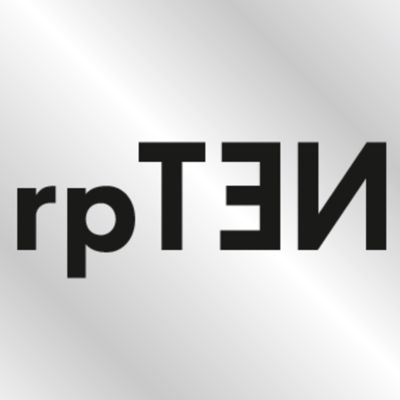Die re:publica ist eines der weltweit wichtigsten Events zu den Themen der digitalen Gesellschaft. Seit ihren Anfängen 2007 mit 700 BloggerInnen hat sie sich zu einer "Gesellschaftskonferenz" mit zuletzt 7000 TeilnehmerInnen aus allen Sparten entwickelt. Hier vermitteln die VertreterInnen der digitalen Gesellschaft Wissen und Handlungskompetenz und diskutieren die Weiterentwicklung der Wissensgesellschaft. Sie vernetzen sich mit einem heterogenen Mix aus AktivistInnen, WissenschaftlerInnen, HackerInnen, UnternehmerInnen, NGOs, JournalistInnen, BloggerInnen, Social Media- und Marketing-ExpertInnen und vielen mehr. Dadurch entstehen Innovationen und Synergien zwischen Netzpolitik, digitalem Marketing, Netz-Technologie, der digitalen Gesellschaft und (Pop-)Kultur. Rund 44 Prozent der Gäste auf der re:publica sind weiblich, kaum eine andere Veranstaltung mit vergleichbarer Ausrichtung kann eine ähnlich ausgewogene BesucherInnenstruktur vorweisen. \ The re:publica is one of the largest and most exciting conferences about digital culture in the world...
https://voicerepublic.com/users/re-publica-2016
Innovation in Refugee Camps
Room: Stage 4
Grace Keji, Ana Laura Santos, Kilian Kleinschmidt, Marlen de la Chaux, Katharina Dermühl
Refugee camps and camps for internally displaced persons are set up on the assumption that they are short-term. However, aid officials have estimated that the average stay of people in camps is approximately two decades – an entire generation. As millions take shelter, these places can no longer be seen as just “temporary exiles” where those that have been forcibly displaced wait until they can, for example, safely return home. Indeed, with populations in the hundreds of thousands, from Dadaab to Za’atari, some refugee camps have become what some experts have called, “the cities of tomorrow”. But there are difficulties surrounding refugee camps that prevent long-term, innovative planning, from insecurity of funding, to the expectation of its inhabitants on its temporary status, to their unpredictable growth and development.
But even under the most challenging constraints, people have found ways to engage in creative problem-solving, developing initiatives, applying technologies and coming up with digital tools that could enhance the lives of millions of displaced people. Refugees, internally displaced persons and others affected by crisis have the skills, talents and ideas needed to adapt to difficult circumstances. In the context of protracted refugee situations, there’s a growing need for programs that enable refugees to harness this creative process and for policymakers to foster innovation and entrepreneurship.
In this session, the German Federal Ministry for Economic Cooperation and Development (BMZ), brings together key voices on the topic to discuss challenges, opportunities and interesting examples for innovation in refugee camps. From a seasoned expert who has managed the complexity of one of the world’s largest refugee camps and a campaigner who has engaged with youth at one of the world’s other largest refugee camps, to a researcher who has studied the dynamics of entrepreneurship in these camps, to an engineer who combines design and humanitarian aid in order to rethink what is possible – all have a unique perspective to add to this topic and discuss what room there is for support for these initiatives in th... Produced by Voice Republic For more podcasts visit http://voicerepublic.com
